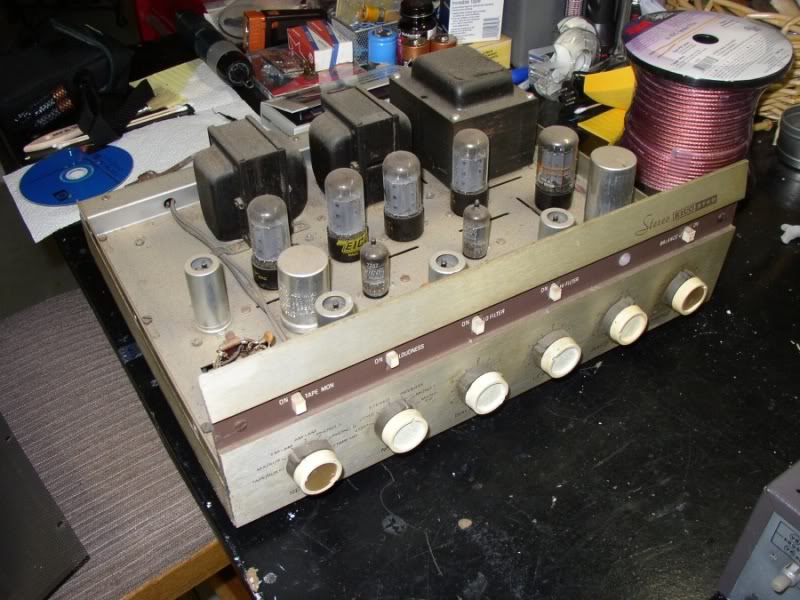A used aluminum electrolytic capacitor manufactured in the early 90s and mounted on a PCB. Is the dielectric, electrolytic and chemical composition altered by age and use compared to a new aluminum electrolytic capacitor manufactured recently?
If there is this difference between them, then can't the capacitor from the 90s follow the rule of recommendation to energize the aluminum electrolytic capacitor before 2 years of storage? Is the rule only for new capacitors?
If there is this difference between them, then can't the capacitor from the 90s follow the rule of recommendation to energize the aluminum electrolytic capacitor before 2 years of storage? Is the rule only for new capacitors?
